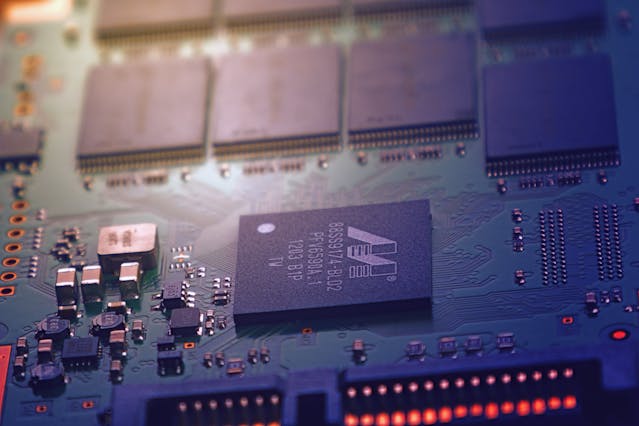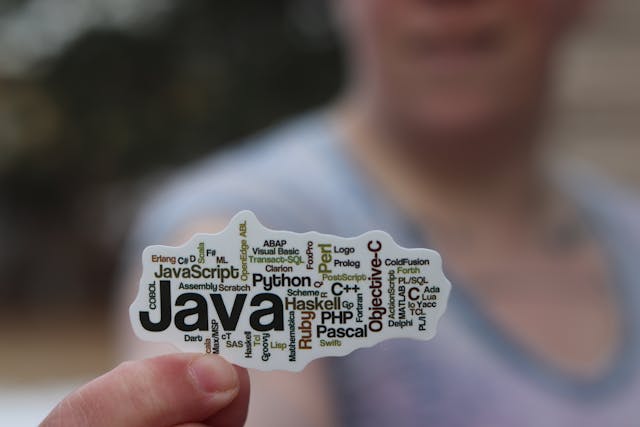5 Reasons Why Artificial Intelligence Will Shape the Future of Cybersecurity
Cybersecurity is more critical than ever before. Data shows that cyberattacks rose by 62% around the world between 2019 and 2020. A recent study also indicates that one cybersecurity attack happens every 39 seconds. And, it’s not just large companies being the targets of these attacks. Small businesses are just as susceptible to being the victims of hackers. So, all businesses in the corporate environment should take security very seriously.
This is where artificial intelligence shines.
AI is already all around us. It’s in our online purchase recommendations, in the virtual assistants we use like Siri or Alexa, and it is in AI cybersecurity tools. AI is the science used to make computers smarter. Through complex algorithms and going through immense amounts of data, AI learns how to solve tasks and problems that only humans used to be able to solve.
Now, the relationship between AI and cybersecurity is a flourishing one. AI cybersecurity does a great job in taking some workload off cybersecurity experts’ shoulders. AI used in the cybersecurity sector can do many things, from identifying cybersecurity threats and protecting networks and devices to adding extra layers of security.
Table of Contents
Here are the five reasons why AI will shape the future of cybersecurity:
1. AI Increases Efficiency
One of the reasons why AI is and will be a big thing in the cybersecurity sector is the fact that it helps increase efficiency. More precisely, using artificial intelligence, some of the burdens of cybersecurity experts are eased by automating some of the tasks.
Before AI was so widespread and so intelligent, cybersecurity specialists had to spend considerable amounts of time going through vast data logs and incident timesheets. They did so to identify cybersecurity threats, vulnerabilities and analyze the security issues that happened.
But, with AI joining the cybersecurity scene, some of the tasks these experts had to waste a lot of time on have been taken over by AI security tools. These tools use significant amounts of data to analyze digital products like websites or software and identify potential threats. This enables cybersecurity specialists to focus on takes that only humans can complete, so far, such as analyzing and fixing the vulnerabilities found by the AI cybersecurity algorithms.
2. Costs Of Detection and Response to Breaches Are Reduced
Cybersecurity attacks can cost companies tens of thousands of dollars. If a data breach happens, companies may have to pay significant amounts of money to recover their files from hackers and manage the reputation crisis they might be going through. Besides these costs, identifying and fixing security issues also cost companies a lot of money.
But, AI can help reduce these costs. By identifying security vulnerabilities before attacks happen, AI can spare companies tens of, if not millions of dollars. What’s more, AI can also replace a costly team of cybersecurity analysts who would have to go through all your business data and digital tools to identify potential threats, incidents, and solutions.
3. Best Cybersecurity Practices Will Remain the Same
Luckily, as cybersecurity threats have been on the rise lately, and everybody has heard about massive data breaches worldwide, more entrepreneurs have become more aware of the importance of implementing better security practices. Individuals, too, became more aware of the importance of better protecting their online security. So, it’s very common these days to hear people talk about their security measures to protect their data and personal information.
Some of the most common cybersecurity practices include keeping software up to date, using strong and complex passwords, surfing only on safe websites, and using encryption methods such as VPN to protect data.
AI, combined with all these cybersecurity practices, helps proactively protect the IT environment of business. They identify security threats and prevent most of them from happening. For example, AI combined with standard encryption methods such as VPN leads to even better protection through encryption against hackers and cybercriminals. Virtual Private Networks help encrypt data transferred on networks, while AI can help detect if there’s any vulnerability that hackers may take advantage of.
4. AI-Driven Security Tools Are More Accessible for Everyone
A few decades ago, artificial intelligence was a sci-fi concept mainly seen in Hollywood movies that predicted a power take over of robots. Today, AI is everywhere, and it is very far from what we used to see in those sci-fi scenarios. AI is in our computers, our smartphones, the apps we use, and the websites we visit.
What’s more, only companies with huge budgets could afford to use AI-driven security tools to protect their business and customer data at the beginning of AI tools. Today, the story is a lot different. Due to increased demand and increased offers, AI-driven cybersecurity tools have become a lot more accessible, even to small businesses with small budgets.
In the future, it is expected that AI cybersecurity will become even more widespread, especially since, over the past few years, more and more businesses have moved into the digital environment.
5. AI Helps Improve Authentication Security
AI also helps secure authentication on websites. Authentication features can be huge security vulnerabilities for both businesses and average Internet users.
Most websites have a feature where users can log into their accounts either to access services or purchase products. Yet, users have to fill in forms with very sensitive data that may be a target for hackers when logging in.
AI can help add an extra layer of security to authentication on websites, ensuring that Internet users have their personal data protected while they are surfing on your network. AI helps improve safety when it comes to authentication by using various tools from facial recognition to CAPTCHA or fingerprint scanners. When your users use these AI-driven security features, data is collected and then used to help identify if there’s a login attempt that isn’t genuine and might be a threat.









